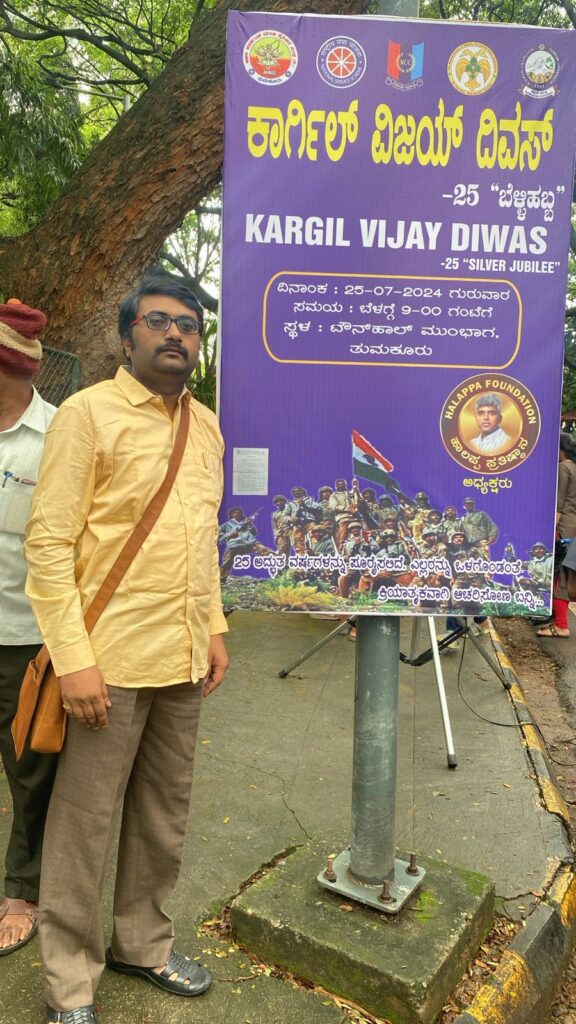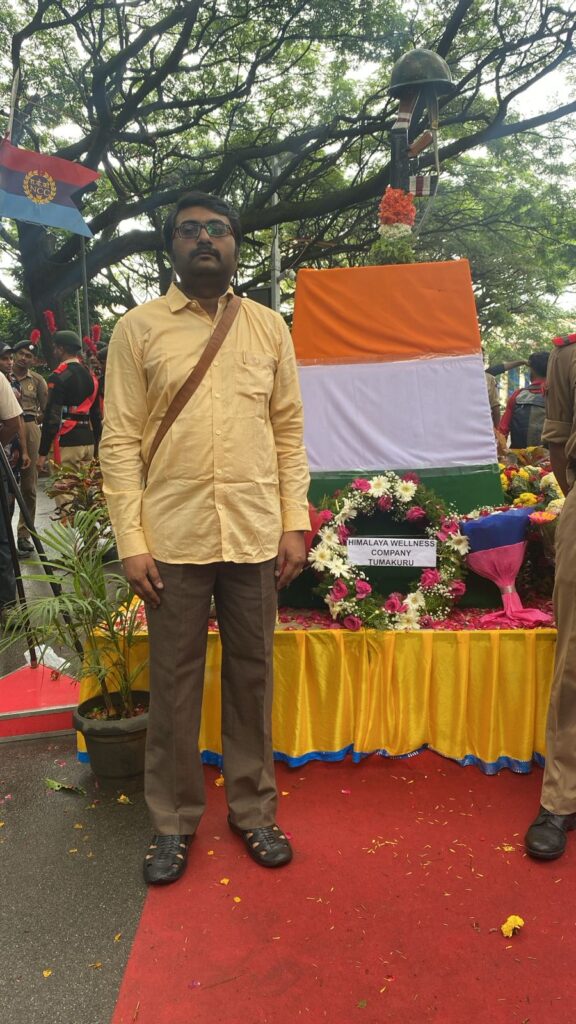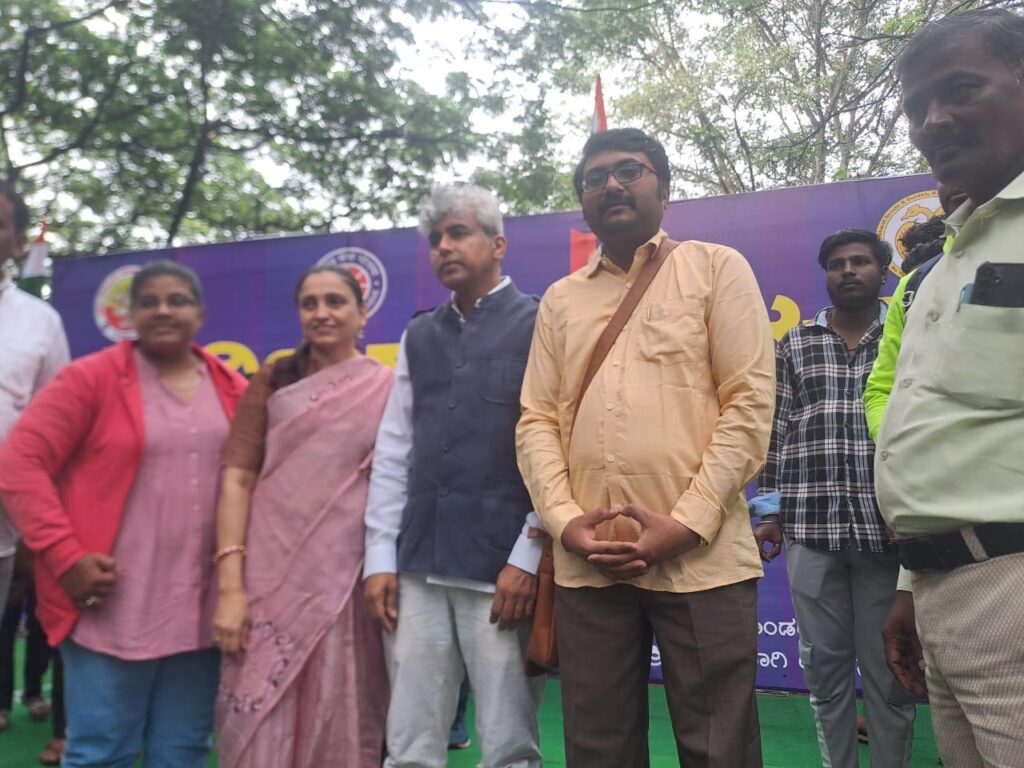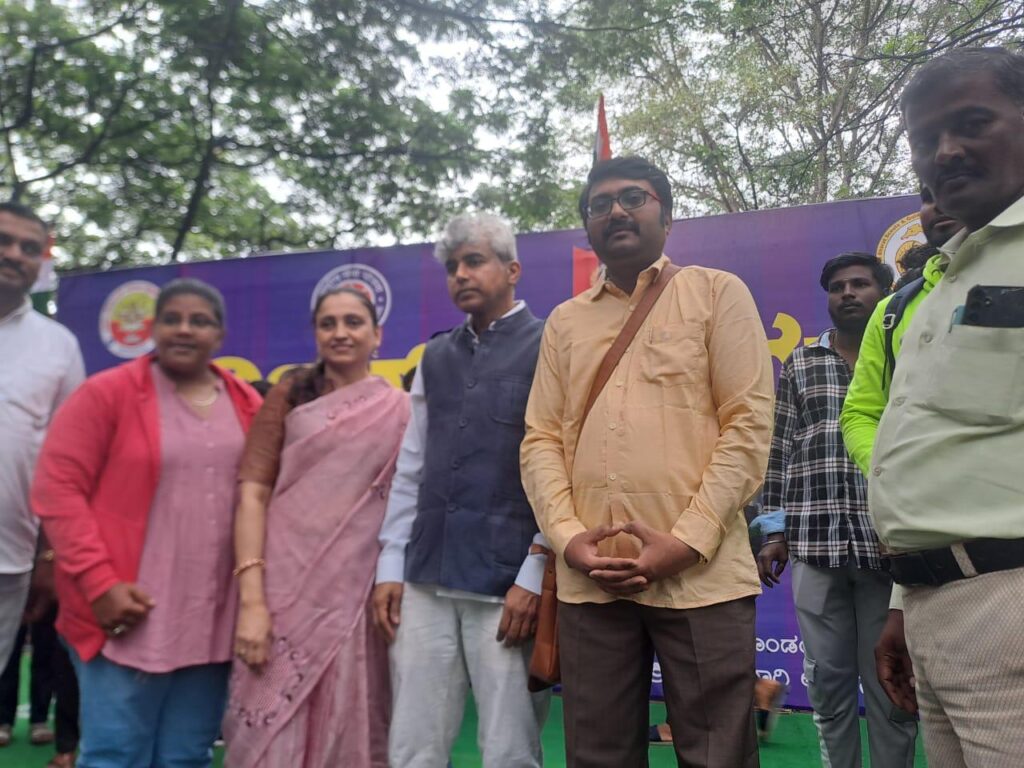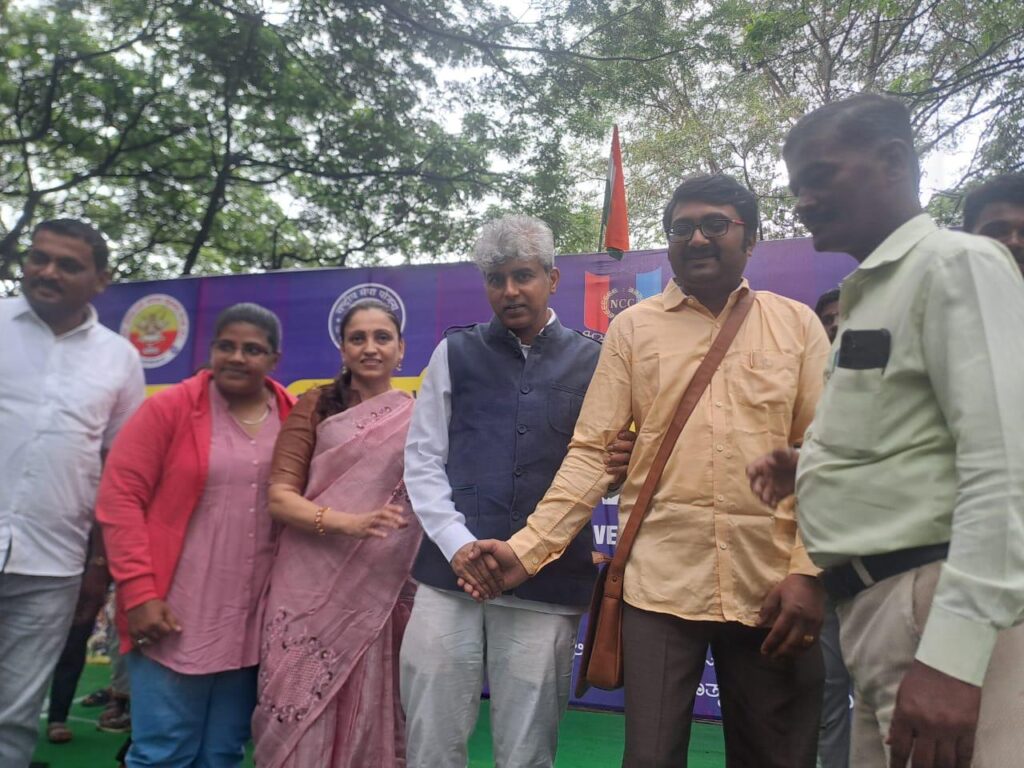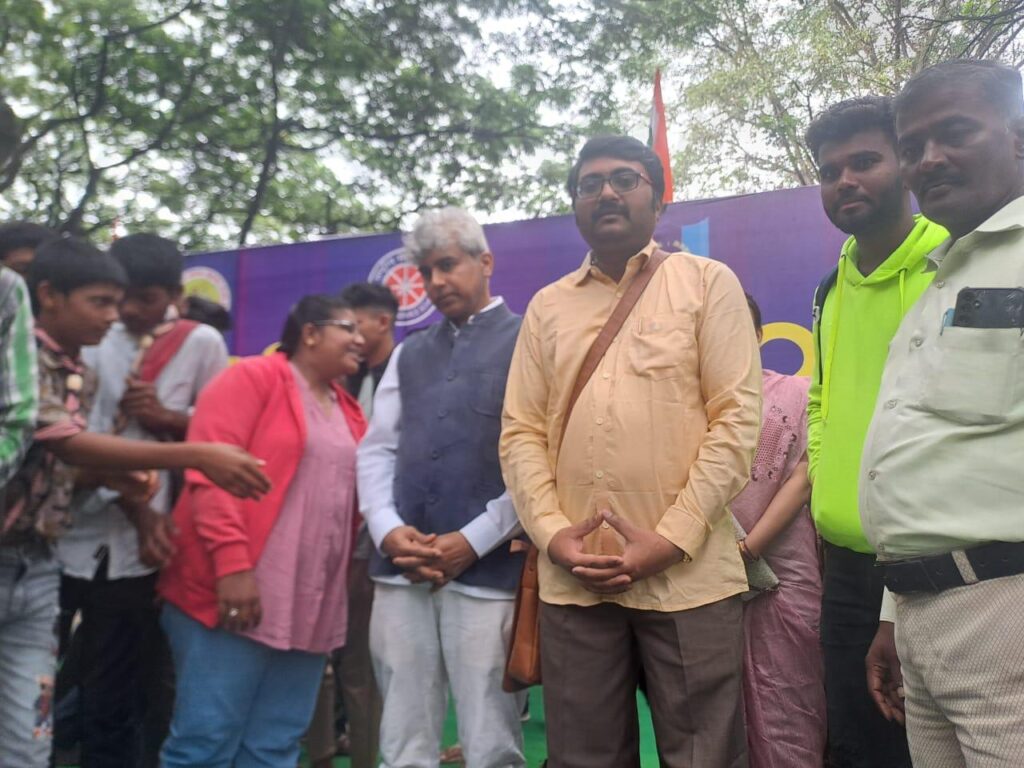During the era of Prime Minister Shri Atal Bihari Vajpayee, India achieved nuclear weapons capability, marking a significant milestone in its defense history.
The Kargil War, the largest and deadliest conflict in the history of border skirmishes between India and Pakistan, erupted in early May. It was triggered by the infiltration of Pakistani fighters into Indian-administered territory.
Every year on July 26th, India commemorates Kargil Vijay Diwas to honor the courage and sacrifice of its soldiers who fought in the Kargil War of 1999. This day marks the conclusion of the intense conflict that began in May 1999.
Kargil, located on the banks of the Suru River and the second-largest city in Ladakh after Leh, serves as the headquarters of the Kargil district and is a joint capital of Indian-administered Ladakh.
On July 26, 1999, Indian troops achieved victory over Pakistani soldiers after nearly three months of fierce battles in the treacherous terrain of Kargil.
The memories of Kargil remain vivid for several reasons. Gunjan Saxena and Sreevidya Rajan, the first female Indian Air Force pilots to participate actively in combat, etched their names in history during this war.
Captain Vikram Batra, PVC (Posthumous), an officer of the Indian Army, was awarded the Param Vir Chakra, India’s highest gallantry award, for his exceptional bravery.
Yogendra Singh Yadav, the youngest recipient of the Param Vir Chakra, displayed extraordinary valor during the Kargil War. Despite sustaining 15 bullet wounds, he led the assault that captured Tiger Hill, a crucial turning point in the conflict.
The war resulted in 527 Indian soldiers killed, 1,363 wounded, one prisoner of war, and one MiG-27 aircraft shot down.
On this solemn occasion, let us honor and pay homage to our brave heroes and heroines who selflessly served our nation.

